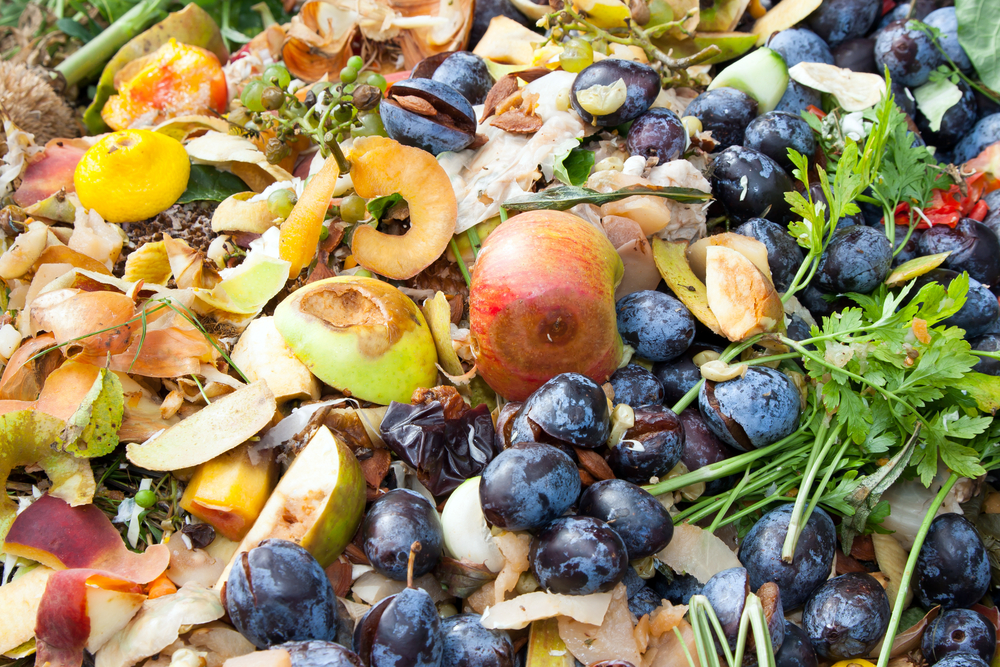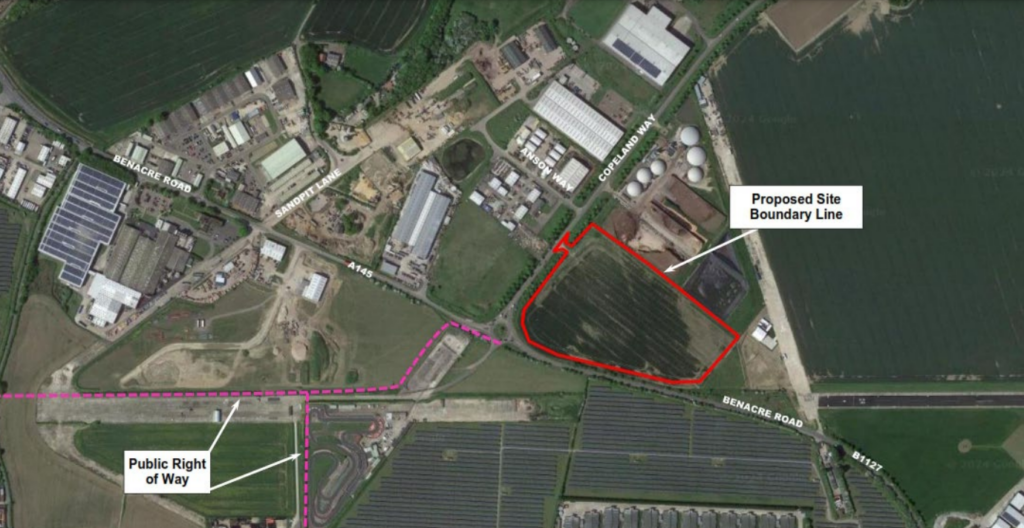
Speaking to letsrecycle.com, head of organics and natural capital at the REA, Jenny Grant, and chair of the organics forum and business development director at the 4R group, Becky Wheeler, spoke of opportunities for the sector this year.
This includes quality protocol revisions that will take place to help tackle the issue of plastics in feedstocks.
Dr Wheeler explained that in order for the value of organics to be recognised, materials need to be the “best they absolutely can be”.
She added that it is an “exciting time” as soil health is written into government policy, which will change how materials are “used on the ground”.
Quality
Ms Grant added that as the sector works to improve the quality protocols, any changes will be based on evidence from members to justify them.
Ms Grant said: “There is lots of potential to enable innovation, particularly in terms of digestate processing and we really want to make sure end-of-waste positions don’t become barriers so we are keen to continue working with our members but also across the sector.
At this moment in time, the industry is looking to work with the Environment Agency to form task and finish groups for each quality protocol, so we will be pulling that together by the end of May and intending to pay for the Environment Agency to review these things.”
Organics Outlook for 2021 (02/02/2021) from letsrecycle.com on Vimeo.
Consistency in collections
Consistency in collections also remains a talking point in the sector, with the introduction of mandatory food waste collections, which Ms Grant said will enable increased infrastructure for the higher volumes and will provide opportunities for a more consistent approach cross the country.
Ms Grant outlined that education and communication will be the “key to success” with these collections, and the costs involved with that is important is factored in.
“While consistency is important, we’d like a degree of flexibility where local authorities are able to choose treatments that suits its individual circumstances. Councils should be able to choose what meets their individual needs.”
The fifth annual National Food Waste Conference takes place on Wednesday 3rd March 2021. Join representatives from food waste processors, producers, waste management companies, local authorities and charities – to discuss the extent to which the sector has been impacted by the pandemic, incoming mandatory weekly food waste collections in 2023 and case studies exploring how we tackle avoidable food waste. CLICK HERE to view the full programme of speakers.










Subscribe for free